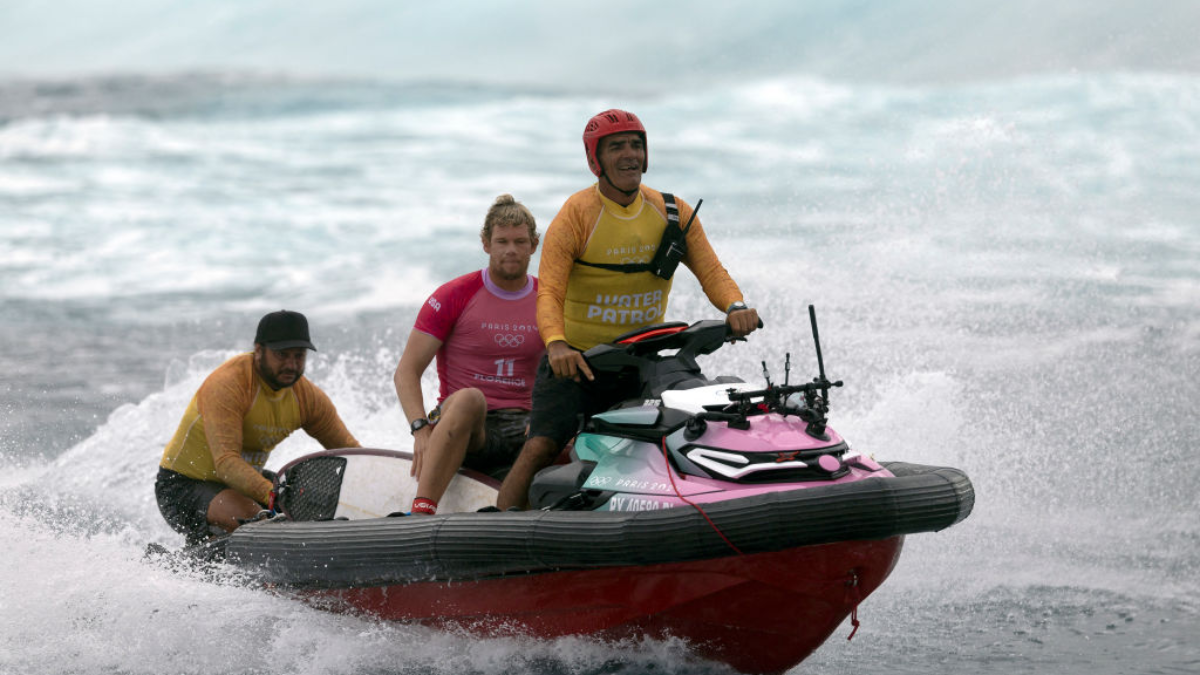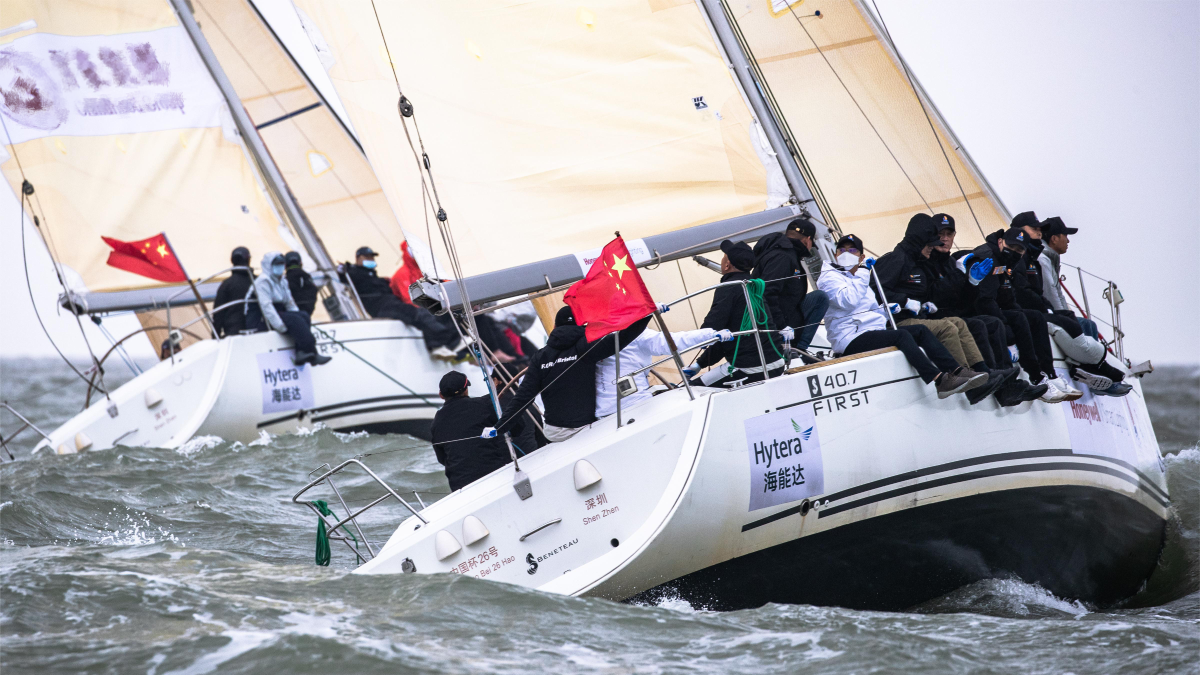How to Choose Two-way Radios for Surface Water Sports Management and Rescue?
Two-way Radio
In the high season for water splashing fun, many people including amateurs and athletes enjoy and challenge themselves in open water aquatic sports, or surface water sports, which are swiftly gaining popularity.
Recreational & Competitive Surface Water Sports
Surface water sports are recreational activities performed on the surface of bodies of water such as lakes, rivers, and oceans. These sports typically involve the use of specialized equipment to enhance the experience and can vary widely in terms of physical exertion, skill level, and purpose. Many of them now part of the Olympics aquatic sports, for example, marathon swimming, wakeboarding, windsurfing, sailing, water skiing, canoe sprint, etc. Surfing is the latest addition to the list.
Surfing became an Olympic sport for the first time during the 2020 Tokyo Olympics, held in 2021, with events off of Tsurigasaki Beach in Japan. The 2024 Olympic surfing competition is taking place in the waters off Teahupo'o, a tiny village on the island of Tahiti.
Why Radios Are Essential for Surface Water Sports Management?
Surface water sports, mostly in open waters, are subject to the caprice and force of the nature. Be cautious, be prepared, and be there ASAP are pivotal for a safe and successful water sport event, no matter it's organized by a local club or an international committee.
There are no gadgets other than two-way radios that can help alert and coordinate a team of people in seconds. Ironically, none, while we are entering the AI era.
Being able to provide instant and reliable voice calls makes two-way radios essential for ensuring safety, improving coordination, and enhancing overall operational efficiency. Investing in quality two-way radios tailored for water environments significantly contributes to the success and safety of any water sports activity or event.

John John Florence of Team United States is rescued by water patrol after falling during round three of surfing on day three of
the Olympic Games Paris 2024 on July 29, 2024 in Teahupo'o, French Polynesia.
(Photo by Ed Sloane / POOL / AFP) (Photo by ED SLOANE/POOL/AFP via Getty Images)
Top 3 Factors When Choosing Two-way Radio for the Crew?
· Water-proof and ruggedness
Make sure the radios have a high Ingress Protection (IP) rating, preferably IP67 or higher, indicating they are waterproof and can withstand submersion in water for a while. “7” means protection against immersion in water up to 1 meter (approximately 3.3 feet) depth for 30 minutes. Most of the professional tier two-way radios are IP67 and some go IP68.
Ruggedness in dry environment is one thing; it is another thing in wet and water environment. Rust and erosion kill all electronics. While premium brand radios use material that doesn't easily rust, you need to be mindful after water ingress, especially when it's sea water. Proper care includes fresh water rinsing, dry fabric wiping, and even hair-dryer blowing (low speed please).
· Audio quality
Surviving water splashing or ingress is not good enough, since the liquid in the speaker muffles the voice. Hytera steps up the game by implementing automatic water porting feature in some of its models. Basically, the radio itself quickly drains or expels water with built-in vibration mechanisms and ensure crispy sound.
Earsets or headsets are not an option for the water sport crew, regardless they are wireless or wired. All the loose items are detrimental to the crew's agility and safety, when they ride the waves on the motorboat or jet ski. Therefore, audio volume and quality simply rely on the speaker and noise cancellation (NC) algorithm.
The consumer-grade walkie talkie with a small speaker is obviously not an option. You may inquire about the rated audio power output and the size of the speaker. But sometimes you need to talk with an expert and get advices, since something like acoustic cavity design is not an everyday topic.
Some high-tier digital two-way radios implement NC feature, which filters ambient noise such as wind, typical in the open waters.
· Battery Life
Radios must have batteries that can last throughout the day to ensure continuous communication. Look for radios with long-lasting batteries and consider options with rechargeable batteries for convenience and sustainability. Quick charging capabilities and battery level indicators can be beneficial in ensuring that the radios are always ready for use. Multi-unit charger can be a great booster for your radio fleet, while it keeps your work benches organized. Last but not least, use original backup batteries, because alternatives in the market bring risk of compromising the water-tightness of the radio as a whole.
Selecting the right two-way radios for surface water sports management and rescue is not just about choosing any waterproof device. It involves understanding the specific needs of your team, the environmental challenges, and the technological features that can make a difference in safety and operational efficiency. By prioritizing waterproof and ruggedness, audio quality, and battery life, you can ensure that your crew is equipped with reliable communication tools that enhance coordination and safety.







